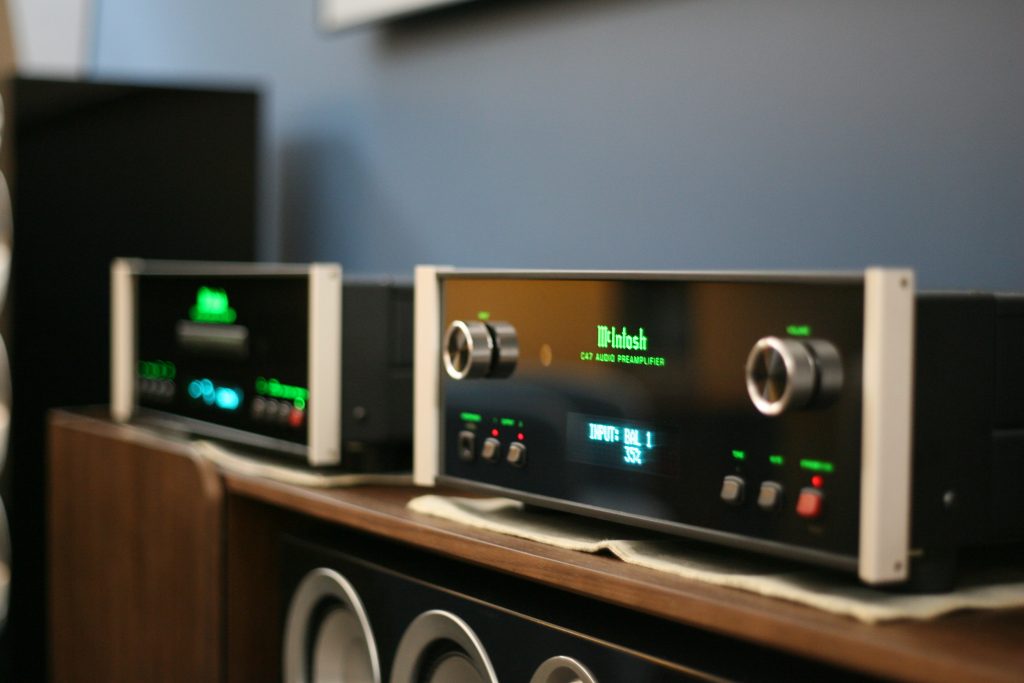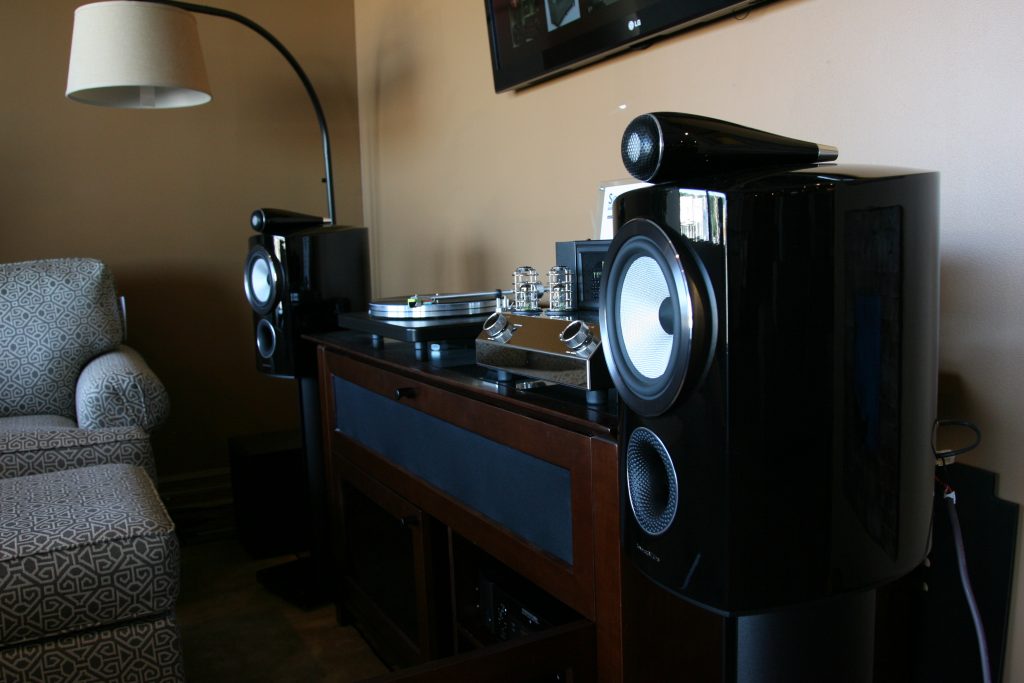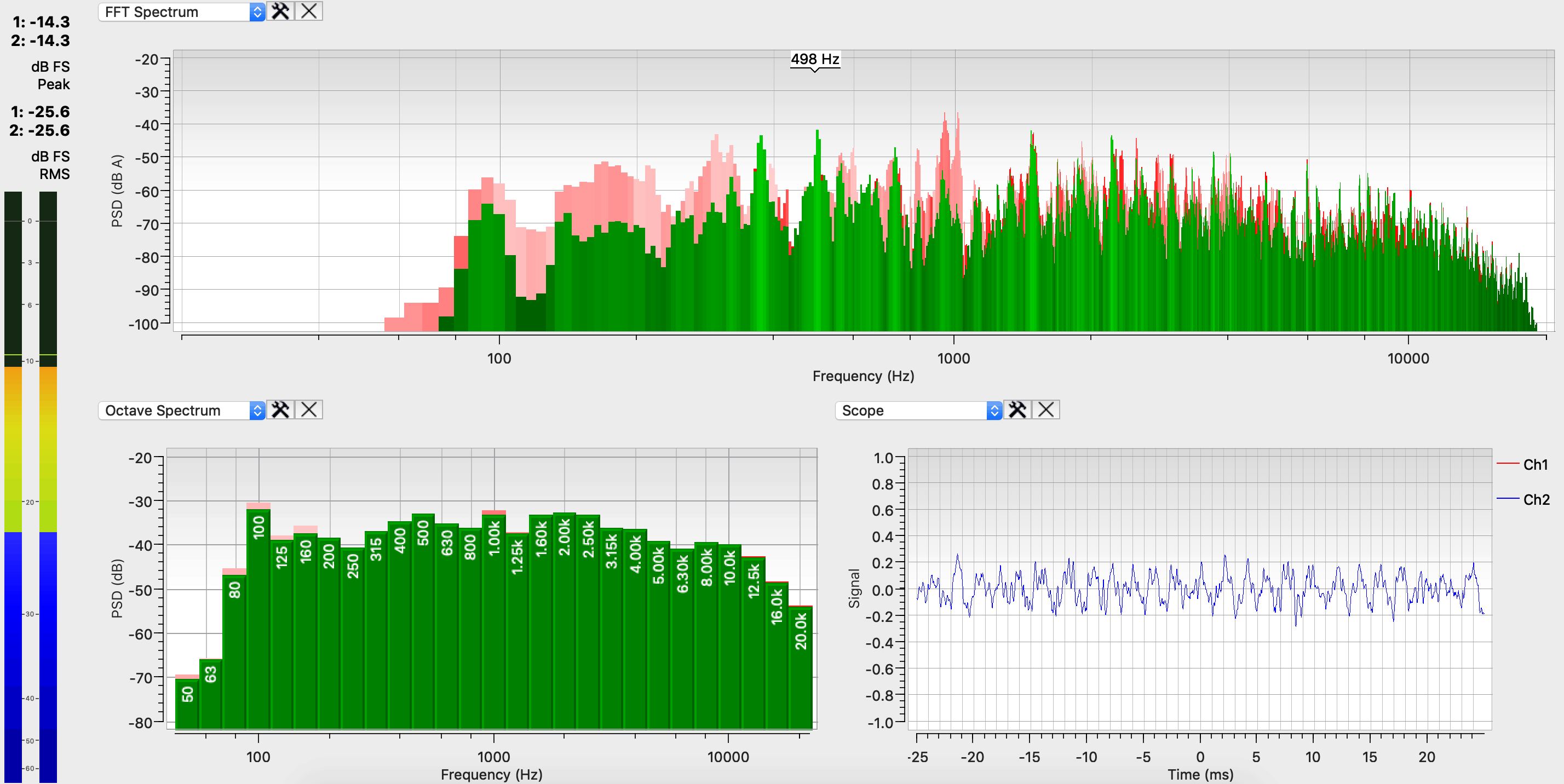Hifi by definition is well, high fidelity. High meaning the level of the fidelity and fidelity meaning… what does fidelity mean? Fidelity has a couple of meanings, in our case from dictionary.com: ” the degree of exactness with which something is copied or reproduced”. So let’s put that together, it is a high degree of reproduction of sound. When exactly do we hit the high fidelity threshold though? Do you need to be a millionaire to experience hifi?
How do you get Hifi?
you need some type of stereo, which type can vary wildly. For the sake of this conversation we will just talk about stereo set ups in a general sense. Is a cheap boom box hifi then? We most audiophile would argue that it is so far from hifi that we should just stop here. Ultimately it is recreating the recording. The degree to which it does that though is were the argument that it is not hifi comes into play. Generally speaking small radio type boom boxes have cheap small drivers and cheaper electronics powering them. Those two things usually add up to bad sound. Do we just buy better sound then? Well, yeah sort of. There seems to be diminishing returns the higher you go in the market, especially with out 100% proper acoustic treatment for the space you listen in. In a world of pay to play, how much does hifi actually cost?

My reference system would retail somewhere in the realm of 4-5k if you went out and purchased everything today brand new. I would consider it to be a Hifi stereo system. I set it up to recreate music as faithful to the original as I can with the equipment I have. Let me clarify, I set it up to sound what I think the original recording sounds like. That’s kind of the thing about all this. We really don’t know how it was supposed to sound unless you are listening with the original creator, or better yet are that person. We do not have the same ears as the person who created the recording so we may hear it differently no matter how “perfect” our system, is. Personally I would like to redefine Hifi. To me it should reproducing a recording in a way you find pleasing as best as you can.
Here’s something to consider, I have listened to both Bowers and Wilkins, as well as Paradigms top tier book shelf speakers. They are both arguably hifi. They sound totally different though when all other things are the same. B&W speakers tend to lean to the brighter side and Paradigms tend to lean more warm. So they both can not be hifi by it’s own definition as they recreate a recording different to each other, and certainly only one can be a match then to the original.
Lets take a step back, hifi should be all about the sound the listener finds pleasing. It’s pretty easy to agree that most of the time when a person not immersed in our hobby hears quality set ups they enjoy it more than a cheap radio. I have had all matter of friends and family in my reference room that are blown away by the quality of the music they hear. Most of them have no stereo at home at all or at best listen to music on a basic FM radio. It is fair to say that there is a definitive line in which quality is appreciated by almost anyone. People realize when they are hearing something more clearly and detailed than they ever have before, so certainly hifi is appreciated by almost anyone who has a chance to experience it.

Where is the line then
This is purely my opinion but I think that hifi starts at the point when you have equipment from dedicated audio companies. Generally speaking they care more about sound than the bottom line. Most of your large electronics companies put out products simply to have a market share and option for their brand loyalists. I am certain there are hifi companies out there that cut corners to make a better profit, however the majority seem to really dedicate themselves to making great sounding products for nearly any budget. Most of them are owned by people like us, in a perpetual pursuit of better sound. They often want to share that with the world, so they put out what they feel is good quality for a given price point.
The biggest difference I have found so far in most speaker is their signature sound. Martin Logan speakers tend to all have a certain sound to them as well as Paradigm and B&W. Amps and electronics tend to differentiate themselves with features, user interfaces and levels of clarity or transparency. Personally I prefer a power amp that adds no coloration or tone of it’s own. I tend to look for speakers that have a tone or sound that I prefer over gaining them from electronics. Generally speaking anytime electronics add tone it is in the form of signal distortion, be it on purpose or a byproduct of a circuit design. Where as speakers can change tone mechanically, though cabinet design, driver quality, quantity or size, ports and much more.
Getting Hifi for yourself
If you want to dip your toes into the world of hifi I recommend looking at companies that are focused on sound. I would avoid brands like Sony, or JVC or Samsung. While I think they all offer good products, they tend to cover a huge market. If a company can devote all it’s time and resources to creating great audio usually it will do so better than one that is dividing resources across tons of product categories. You probably wound’t buy a car from Sony, nor a TV from Ford.
There is something out there for everyone to enjoy. Your best bet is to go listen to as many different set ups as you can and get an idea for what you like. That is all it really takes to get into this awesome world of ours. Don’t be afraid to ask questions, or try things out. There are plenty of people in our hobby that will tell you things you enjoy won’t make a difference or that certain things make all the difference in sound. All I can say is buy the equipment you can afford and enjoy what you hear. No matter what, your ears are all that should matter.


